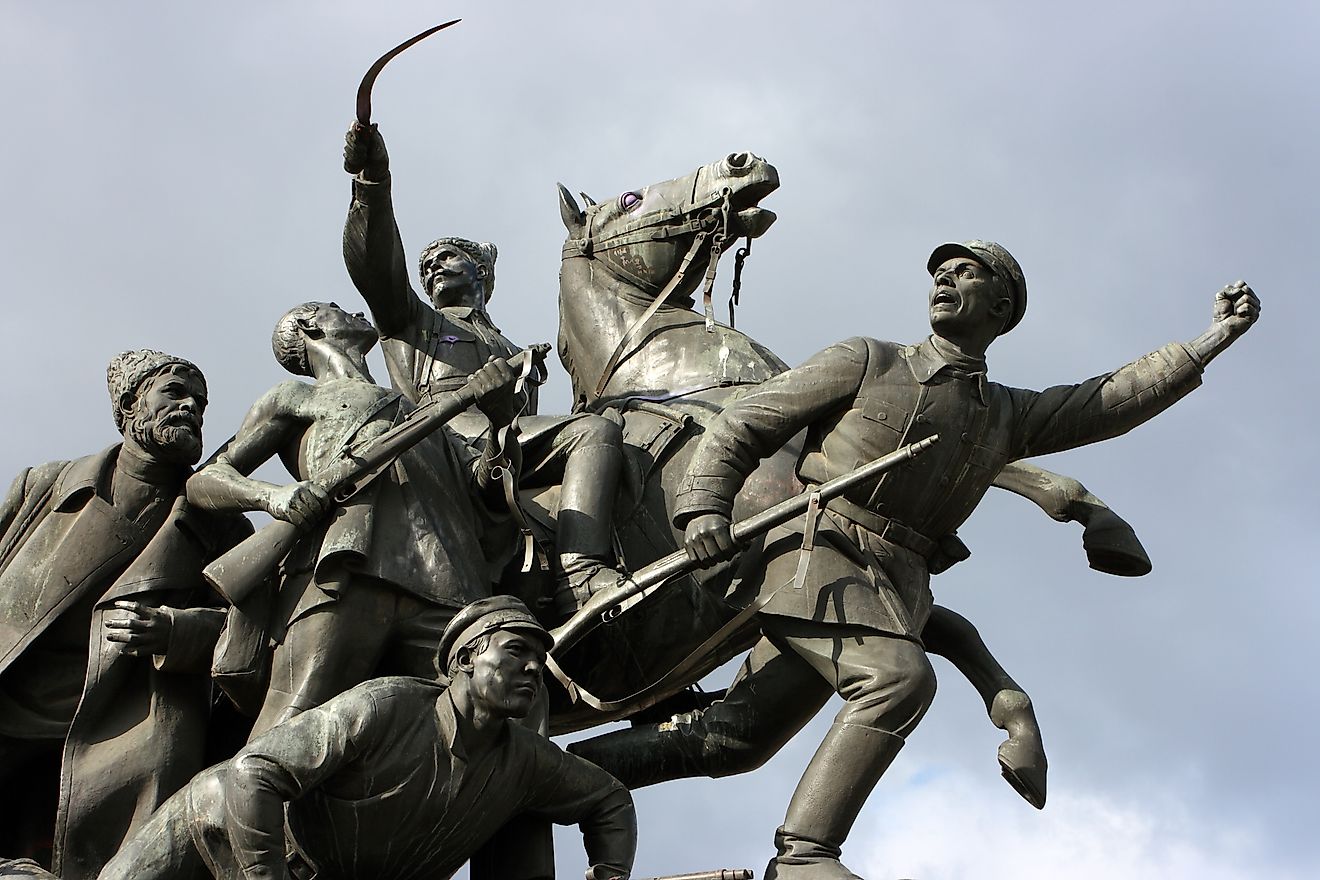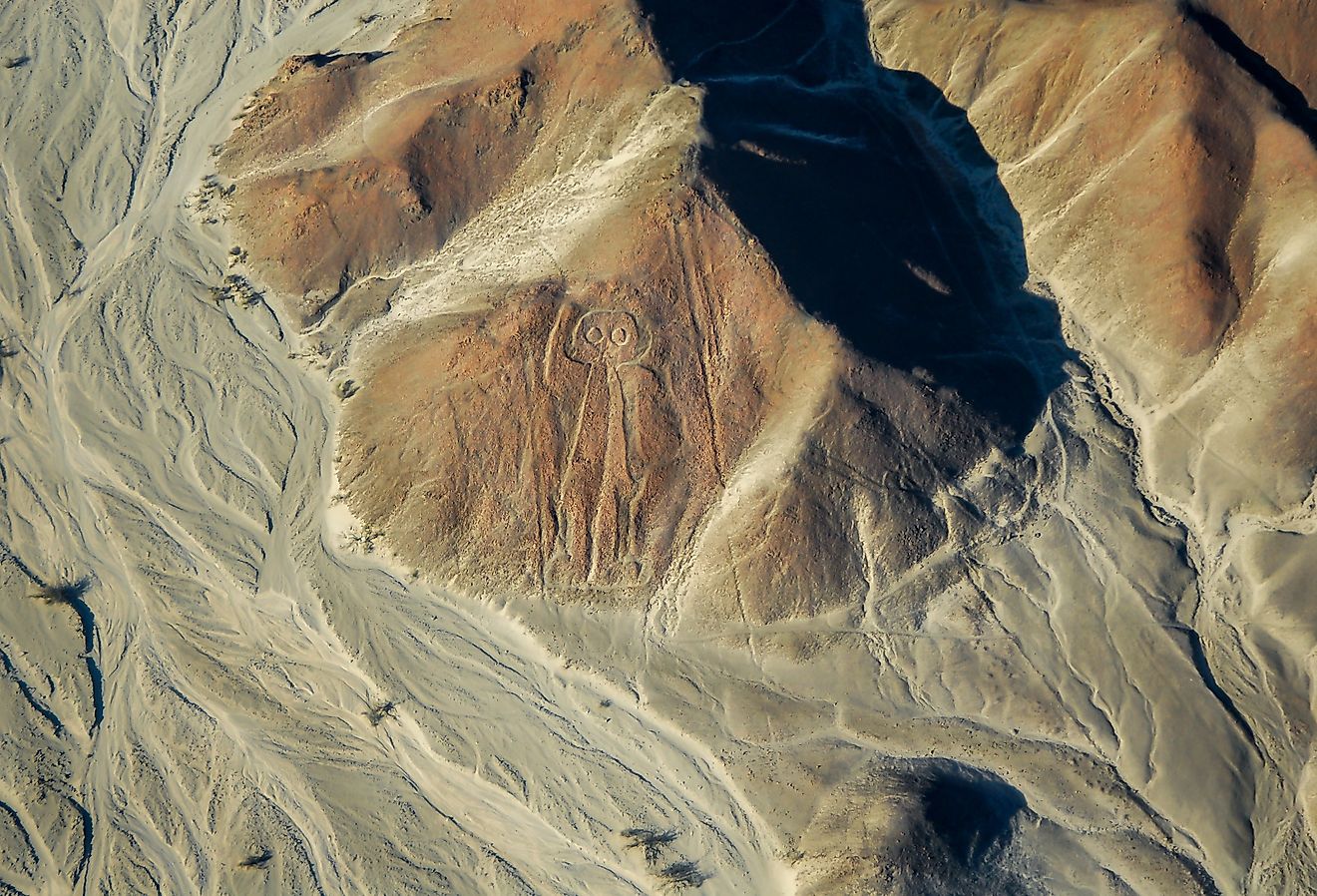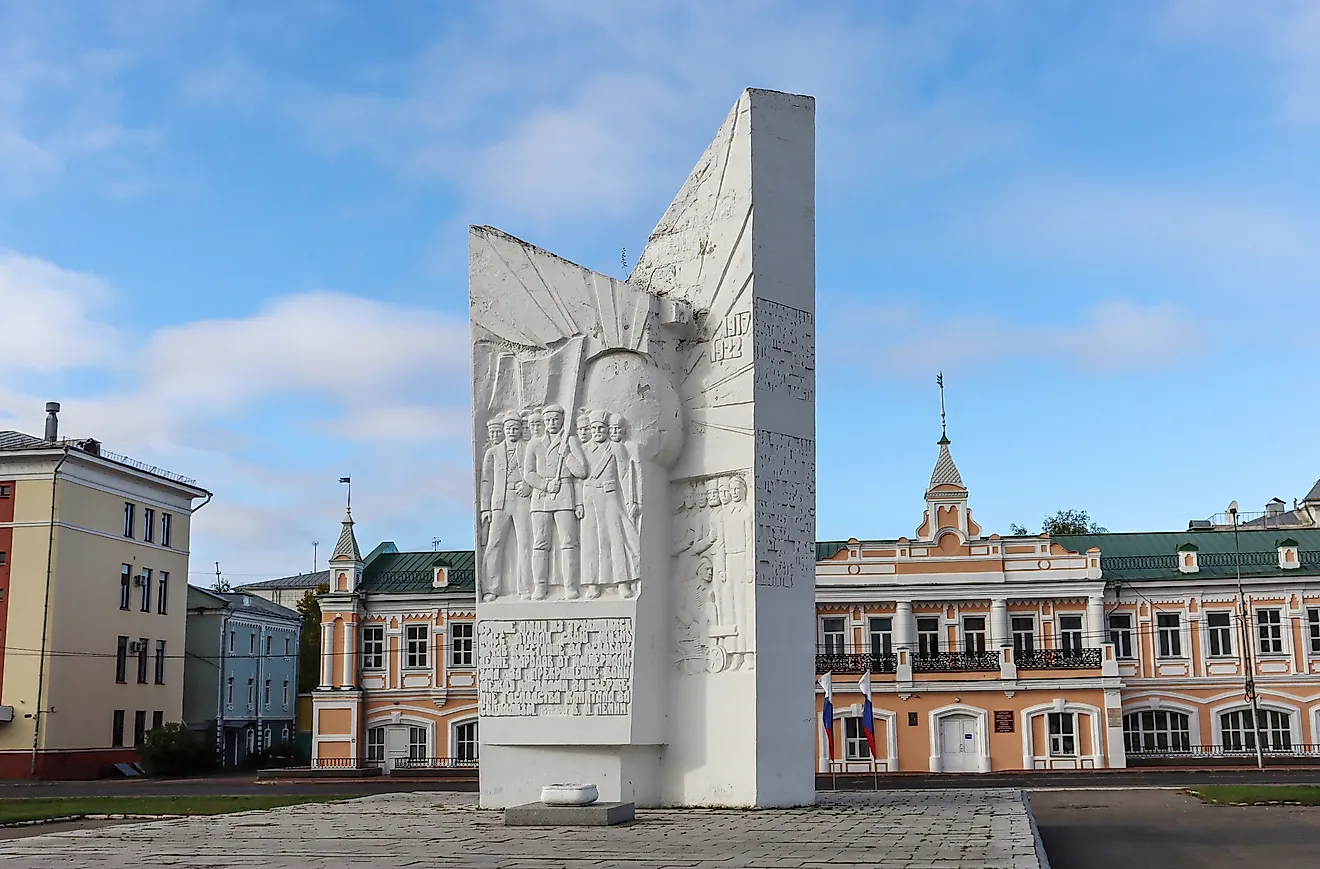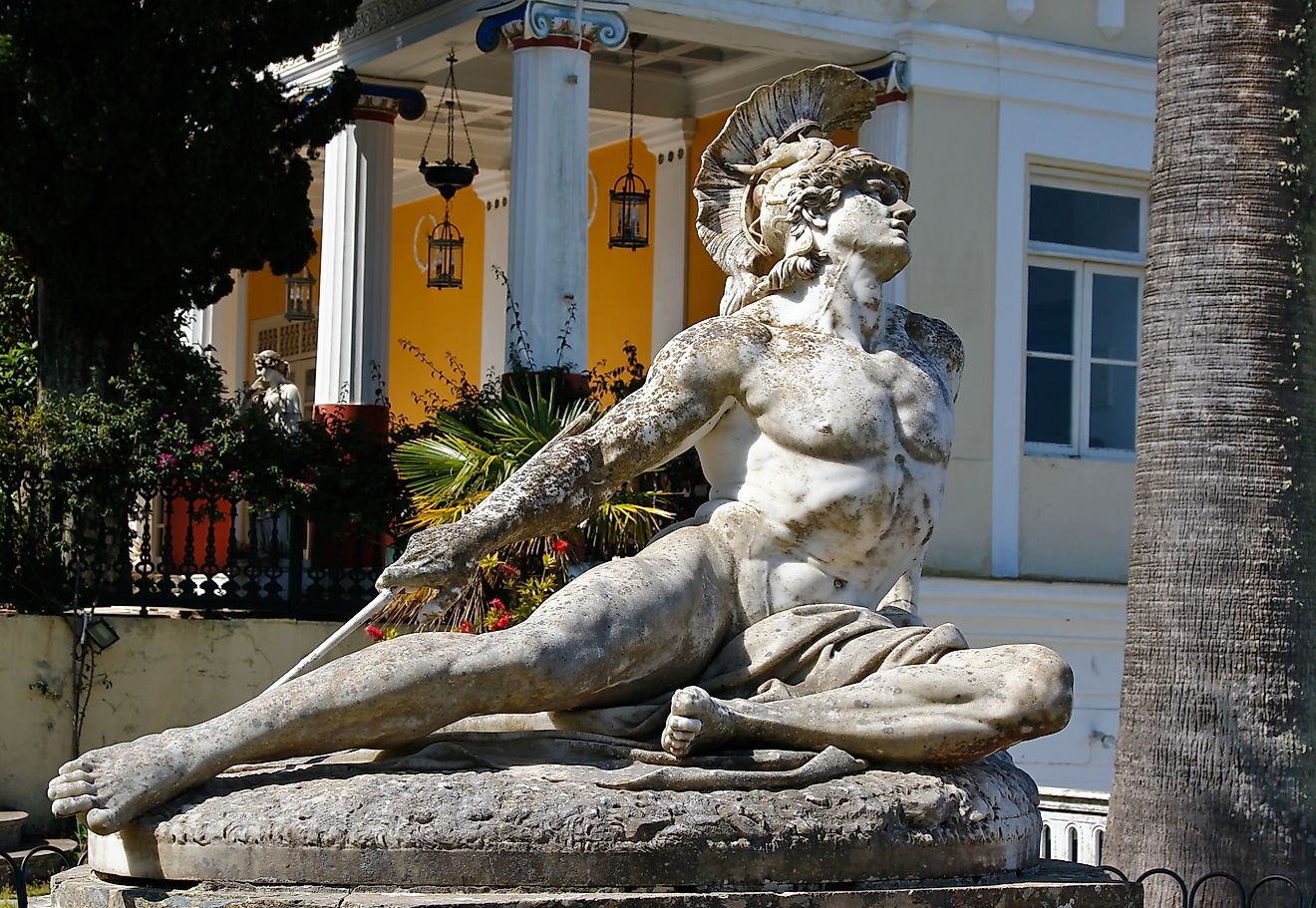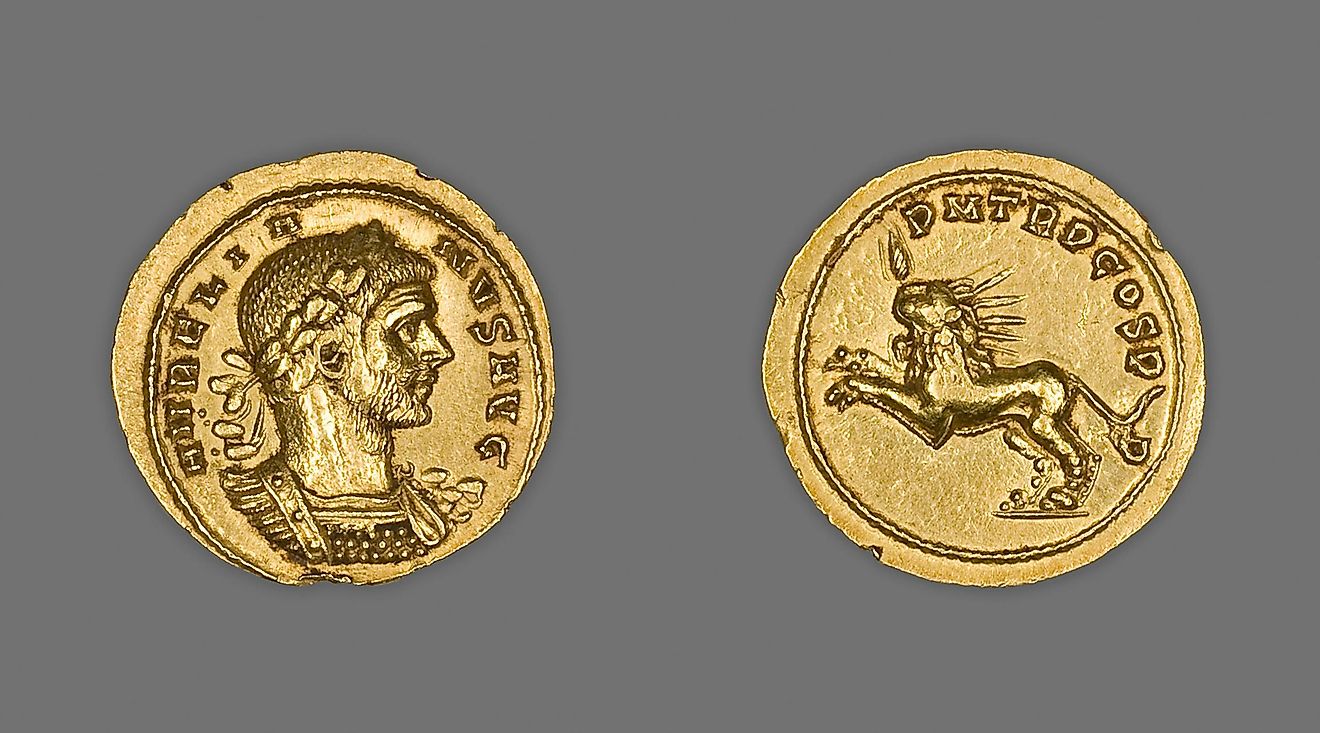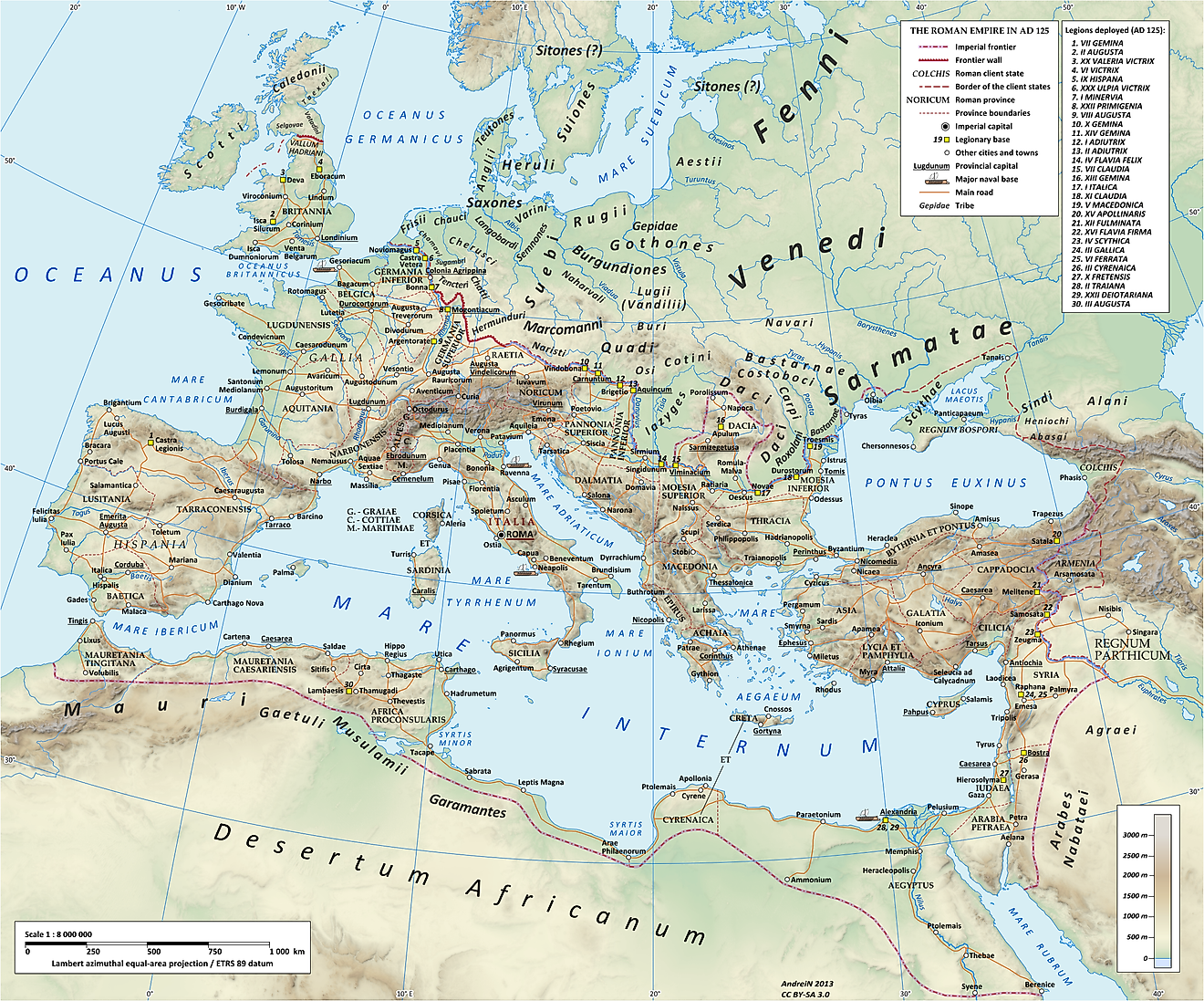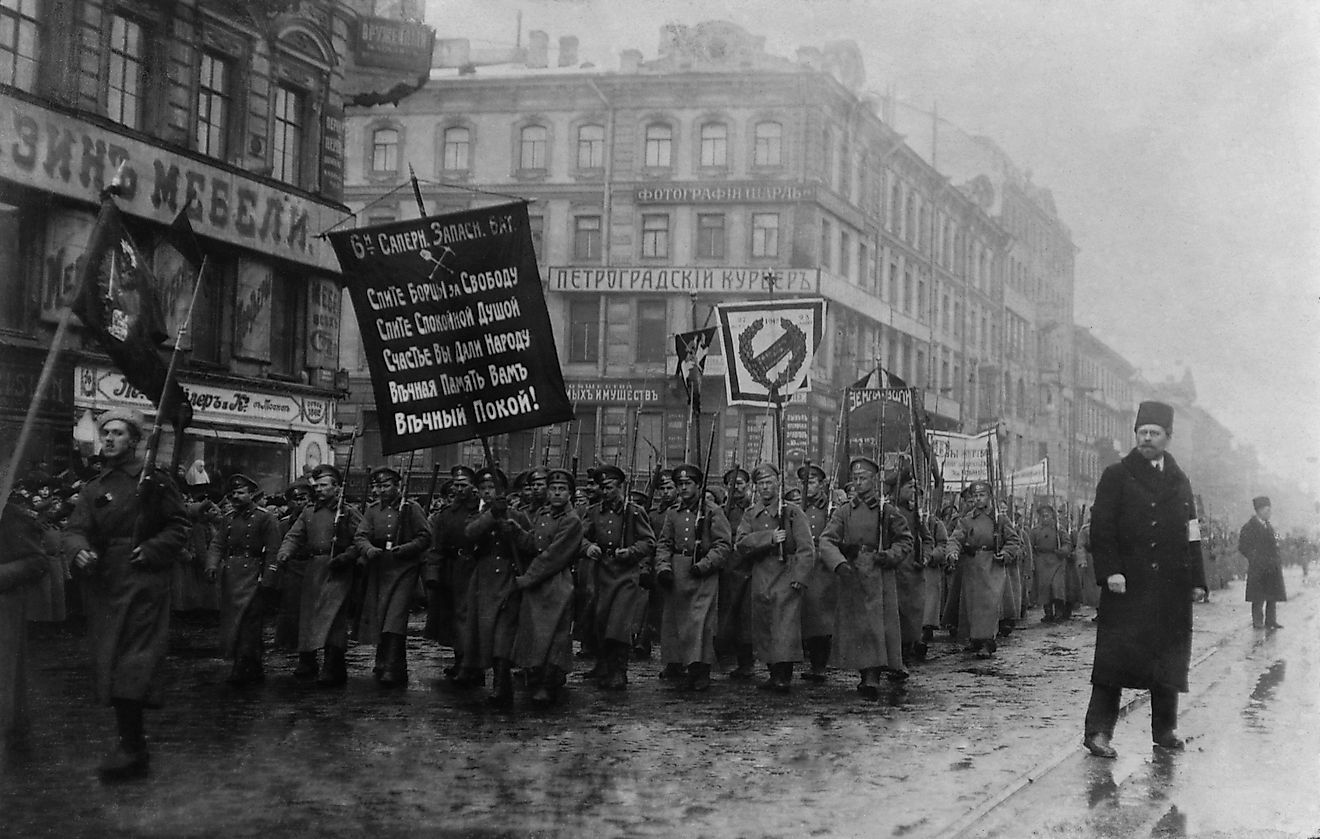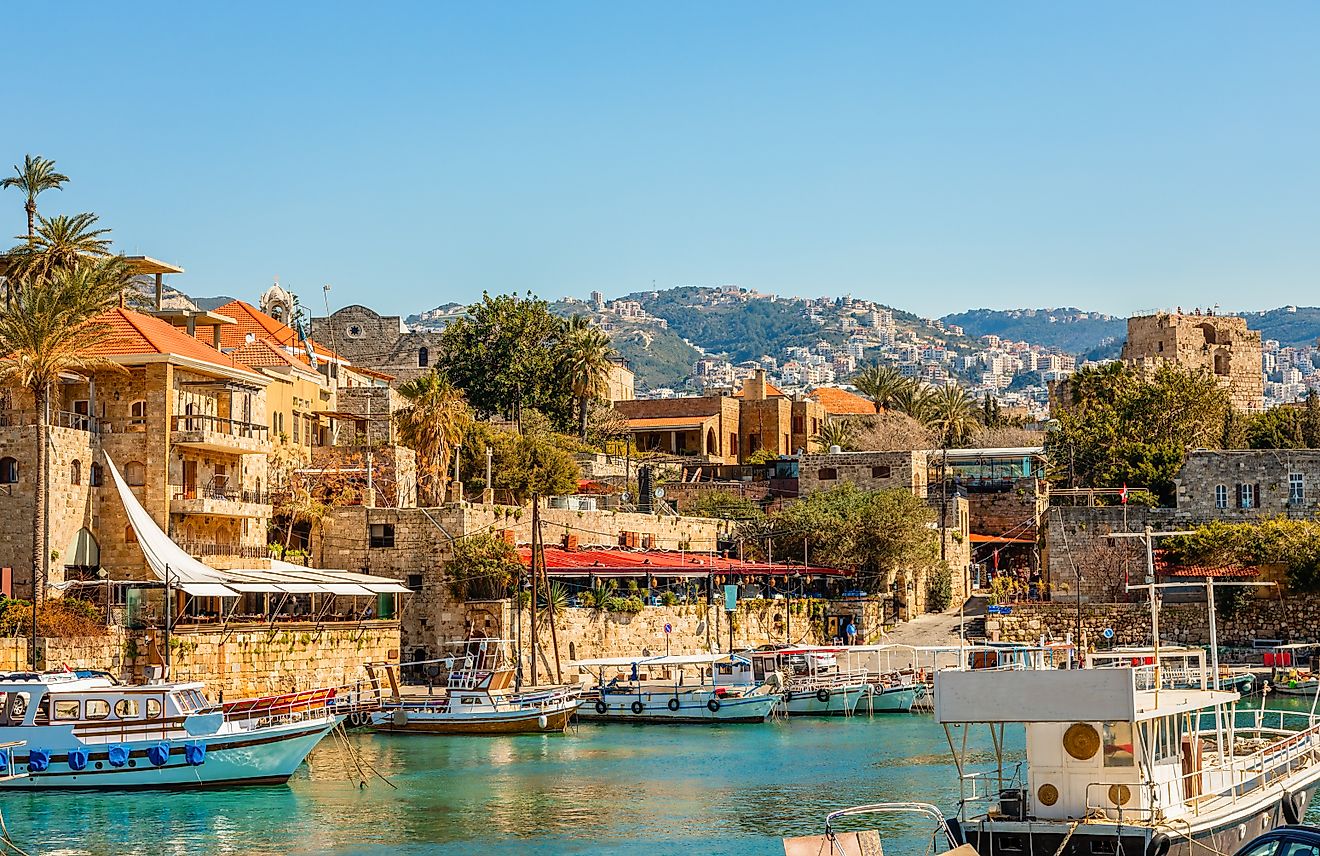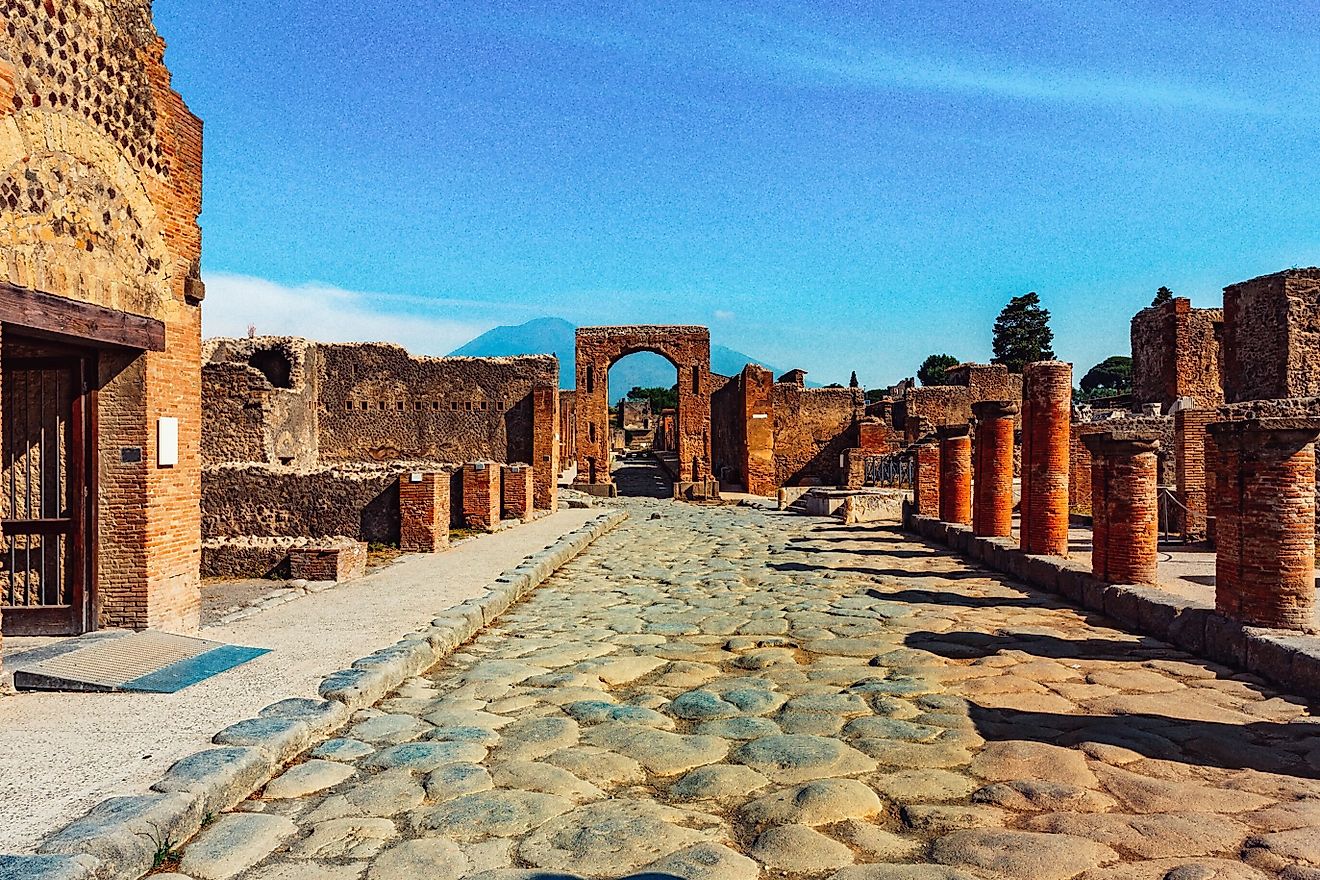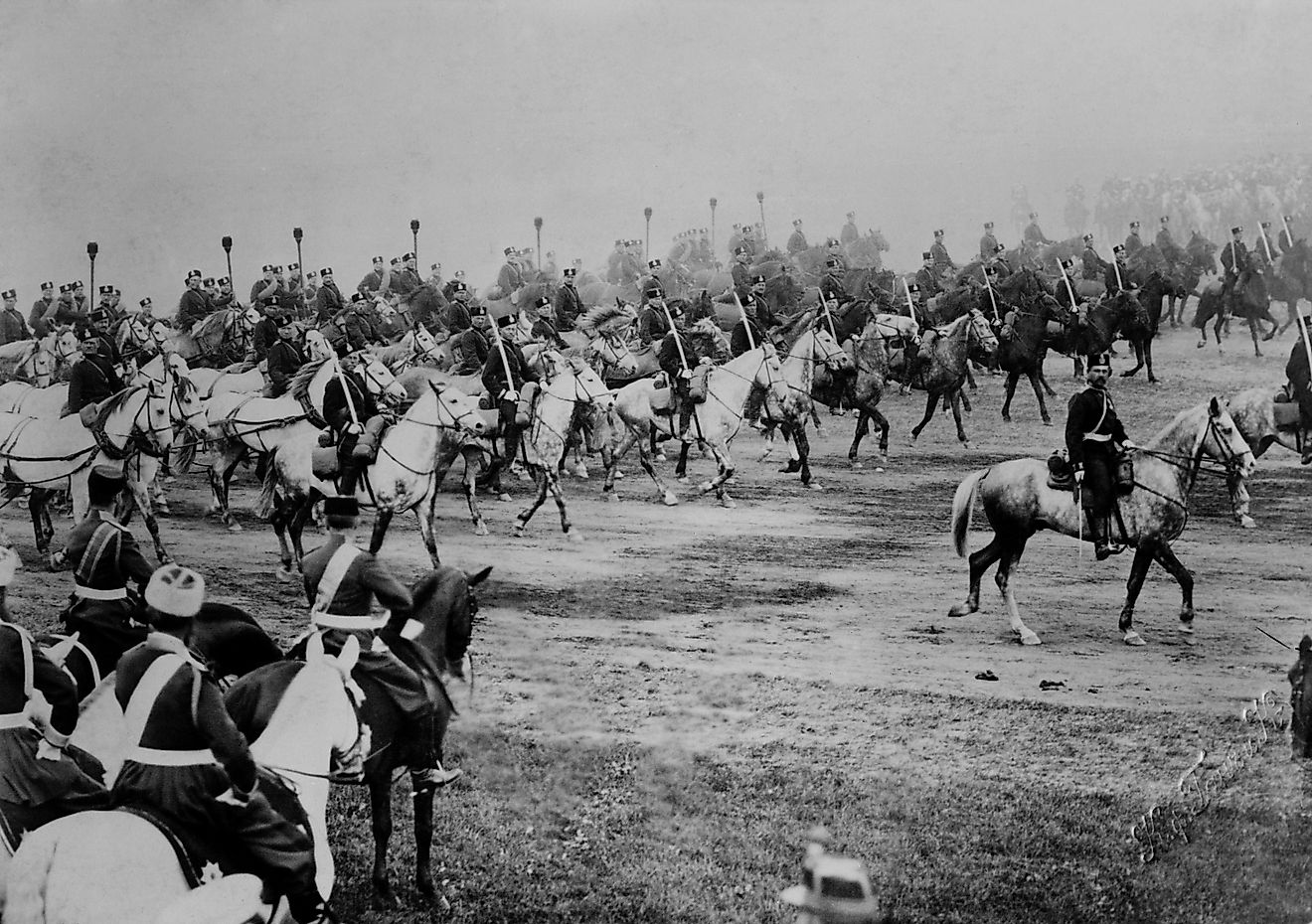
Did Alexander the Great Have Any Children?
One of the greatest military minds in human history, Alexander the Great, and his empire crumbled almost as fast as it was conquered. In a span of just a few years, the young king from Macedonia would topple the Persian Empire and conquer all the way to the edges of India before his army forced him to go any further. Alexander would not live long enough to reap the fruits of his labor. Alexander died unexpectedly under mysterious circumstances, and his vast empire soon fractured into smaller petty kingdoms, all warring against one another, claiming to be the rightful successor to Alexander's empire. Many credit the rapid dissolution of Alexander's empire to the fact that he did not have a clear heir. This is not exactly true. While no written records claim Alexander named his successor, Alexander did, in fact, have a son, possibly two. So why did neither of them ascend to the throne and keep the empire intact?
The Sons Of Alexander
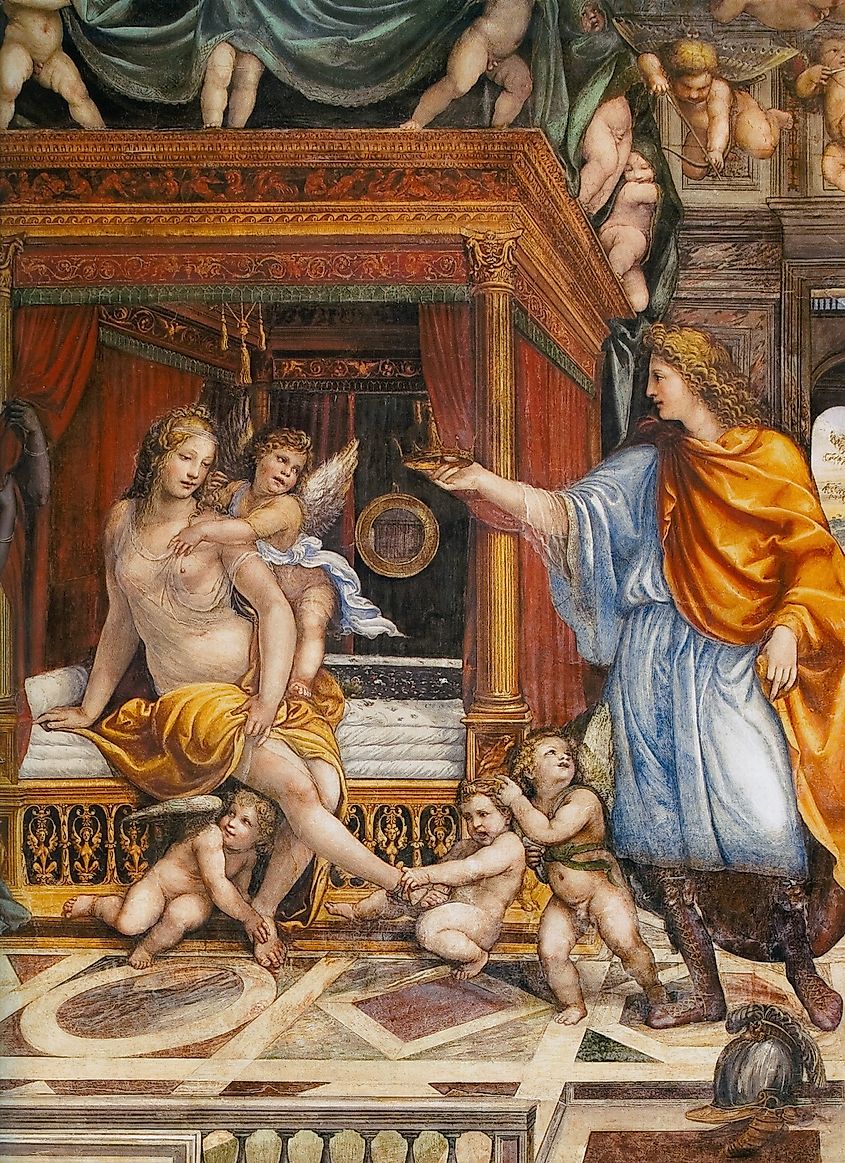
The first and legitimate son of Alexander the Great was Alexander IV. Birthed by Alexander's wife Roxana, Alexander the IV was still in his mother's stomach when his father died in Babylon in 323 BC. Born a few months later, Alexander IV was obviously incapable of taking the throne as he was only an infant, so Alexander's half-brother Arrhidaeus ruled in his stead. The nature of his second son is not as clear. Some historians think that Alexander had another son with his mistress, Barsine. Going by the name Heracles of Macedon, it has never been fully proven whether he was truly Alexander's son. Regardless, it was suspected by many people at the time that Heracles' was indeed the offspring of Alexander the Great.
The Fate Of Heracles
Heracles was never expected to rule due to the lowborn status of his mother. It was not enough that he might have been the son of Alexander the Great. He also needed to have a mother who hailed from a noble bloodline.
It also did not help that his mother was not of Greek origin. The Greeks considered many of the people in Alexander's empire to be both racially and culturally inferior, and many outright refused to be ruled over by anyone who was not of strong Greek stock. It is mentioned in some records that Heracles was briefly considered to be a candidate for the throne, but the military swiftly shut down this suggestion. Little else is mentioned about the early life of Heracles, but it can be assumed that he spent much of his early childhood and teenage years in Babylonia and Macedon.
By 309 BC, most of Alexander's empire was consumed by war and conflict. In an act of political maneuvering by Polyperchon, a recently deposed regent of Macedon, he started to proclaim Heracles as the legitimate heir to Alexander's lands and began musting an army to overthrow Cassander, the new ruler of Macedon. Upon hearing this news, Cassander reached out to Polyperchon and bribed him to kill Heracles in exchange for a large sum of money. Polyperchon obliged and murdered Heracles in 309 BC.
The Fate Of Alexander IV

Much like Heracles, Alexander IV did not have an easy time being accepted by the Greek generals. Alexander IV's mother, Roxana, was also considered to be a Barbarian because of her Central Asian background. Even though Alexander IV was of noble birth, in the eyes of many Greeks, he was tainted. Despite the apprehension, Alexander IV and Arrhidaeus were named as co-rulers to the empire. However, in practice, both were nothing more than the mouthpieces and puppets of Alexander's remaining generals, all of whom were vying for their own power and influence.
Arrhidaeus, the half-brother of Alexander, suffered from some mental deficiency and was incapable of making decisions on his own, and Alexander IV was only a toddler. It is said that the mother of Alexander the Great, Olympias, played a substantial role in running day-to-day life in the empire, but she could only do so much. In 317 BC, after a failed invasion of Macedon, Olympias was killed by Cassander.
Upon Olympias' death, both Alexander IV and Roxana were captured by Cassander and kept as prisoners for another six years. Cassander now ruled Macedonia as a king. While he was content with keeping Alexander's wife and son as captives, as Alexander IV grew into a teen, the threat that he posed to Cassander's rule began to grow. As a way to ensure that there could be no more claimants to the throne of Macedon, he had both Roxana and the 14-year-old son of Alexander the Great executed.
Even though Alexander the Great did have children, their questionable legitimacy, foreign mothers, and the lust for power of Alexander's generals ultimately sealed their fate. Despite having capable and cunning mentors like Olympias on the side of Alexander IV, it was not enough to save his life. Much of Alexander's empire would exist in a fractious state for a few more centuries until most of it was conquered by both the Roman and Parthian Empires. Even though Alexander's conquest would not create the long-lasting state that he had hoped, he did leave us with a legacy that transcends time and will be studied for many more years to come.
